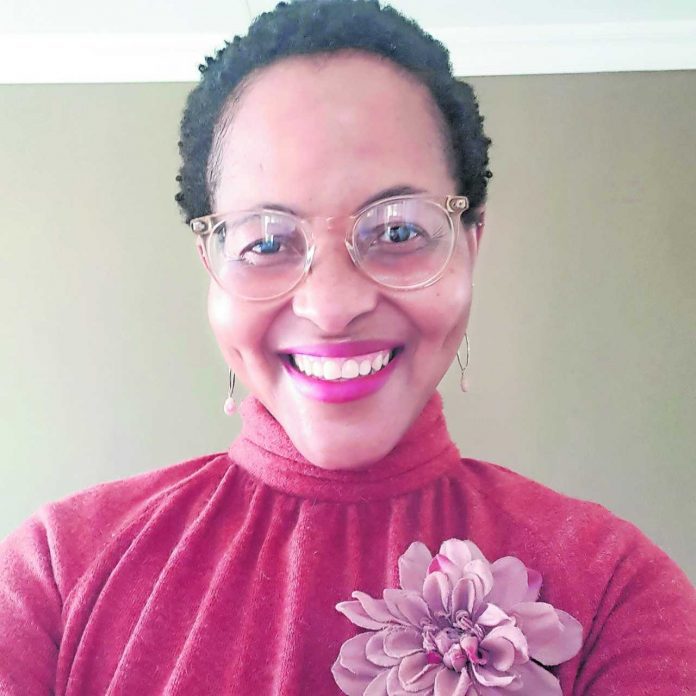It took less than 15 minutes. It would have been much quicker had it not been for the friendly mammographer who cracked me up with screening jokes to calm my nerves for my first mammogram.
It was not as scary as I had imagined it would be. All I knew about mammograms were from first-hand accounts of women who were later diagnosed with breast cancer.
Former journalis Thando Pato, in her memoir On the Rock: Memoir of a High-Functioning Alcoholic, describes her first mammogram as a dreadful experience. In the book, she speaks of her discomfort at having her breasts pulled and squashed by cold surfaces to get an image. Not exactly her words, but it was a picture I saw in my mind’s eye as I read her book. It was a stressful time for the 44-year-old Pato, who was living out of her suitcase in a demanding high-profile job, battling to stay sober while facing the possibility of a breast cancer diagnosis. So, I was expecting a lot of discomfort akin to a pap smear. But it was just a little awkward – and in my case hilarious with a mammographer blessed with a healthy dose of humour.
And when the doctor asked to do an ultrasound, assuring me it was not uncommon, I was a bit uneasy. Screenings of any kind can be stressful, but they are an important step in detecting illness early. So, girls and ladies, let us do our screenings.
As I write this, South Africa is mourning the passing of Zoleka Mandela, who had been very open about her struggles with breast cancer. She passed away on Monday. Her bravery to be vulnerable in a campaign to inform, educate and empower also exposed us to the day-to-day challenges of treating and living with cancer.
Her last post on Instagram on September 17, showed a clearly exhausted Mandela, her head on comfy pillows, her face oozing with the youthful radiance of a 19-year-old, smiling before blowing a kiss to her followers. It was her goodbye. At her memorial service held on Thursday ahead of her funeral on Friday, former minister Lindiwe Sisulu opened up that she is living with cancer.
These are small steps by women in different quarters towards the giant cause of raising cancer awareness.
The Cancer Report released by Statistics South Africa earlier this year shows that more women than men are diagnosed with cancer in this country. Cervical cancer was the highest among black women because of late diagnoses and the high prevalence of HIV. We have made great strides in HIV education, prevention and treatment, but with cancer it is a different ball game.
So, thank you to people such as Mandela and Sisulu for their effort in making cancer part and parcel of our daily conversations.
Follow @SundayWorldZA on Twitter and @sundayworldza on Instagram, or like our Facebook Page, Sunday World, by clicking here for the latest breaking news in South Africa.



